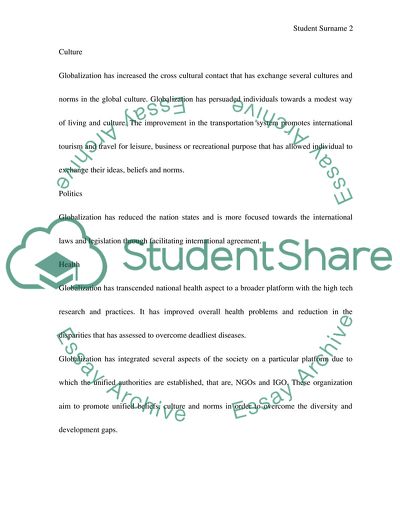Cite this document
(Differences between IGO and NGO Assignment Example | Topics and Well Written Essays - 3250 words, n.d.)
Differences between IGO and NGO Assignment Example | Topics and Well Written Essays - 3250 words. https://studentshare.org/politics/1833676-review
Differences between IGO and NGO Assignment Example | Topics and Well Written Essays - 3250 words. https://studentshare.org/politics/1833676-review
(Differences Between IGO and NGO Assignment Example | Topics and Well Written Essays - 3250 Words)
Differences Between IGO and NGO Assignment Example | Topics and Well Written Essays - 3250 Words. https://studentshare.org/politics/1833676-review.
Differences Between IGO and NGO Assignment Example | Topics and Well Written Essays - 3250 Words. https://studentshare.org/politics/1833676-review.
“Differences Between IGO and NGO Assignment Example | Topics and Well Written Essays - 3250 Words”. https://studentshare.org/politics/1833676-review.


